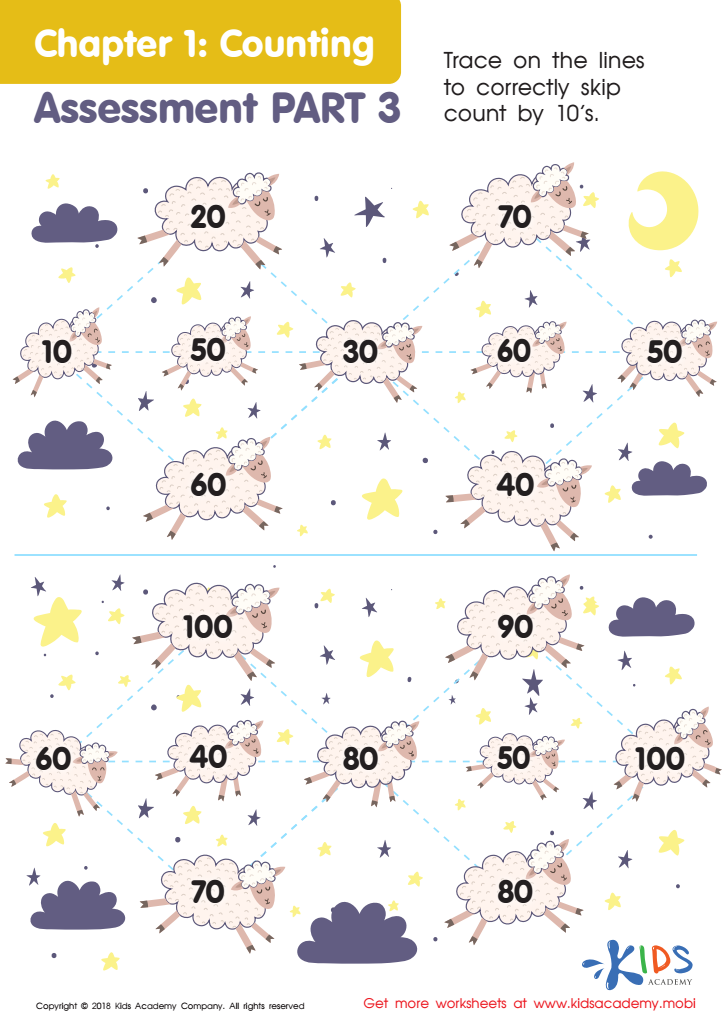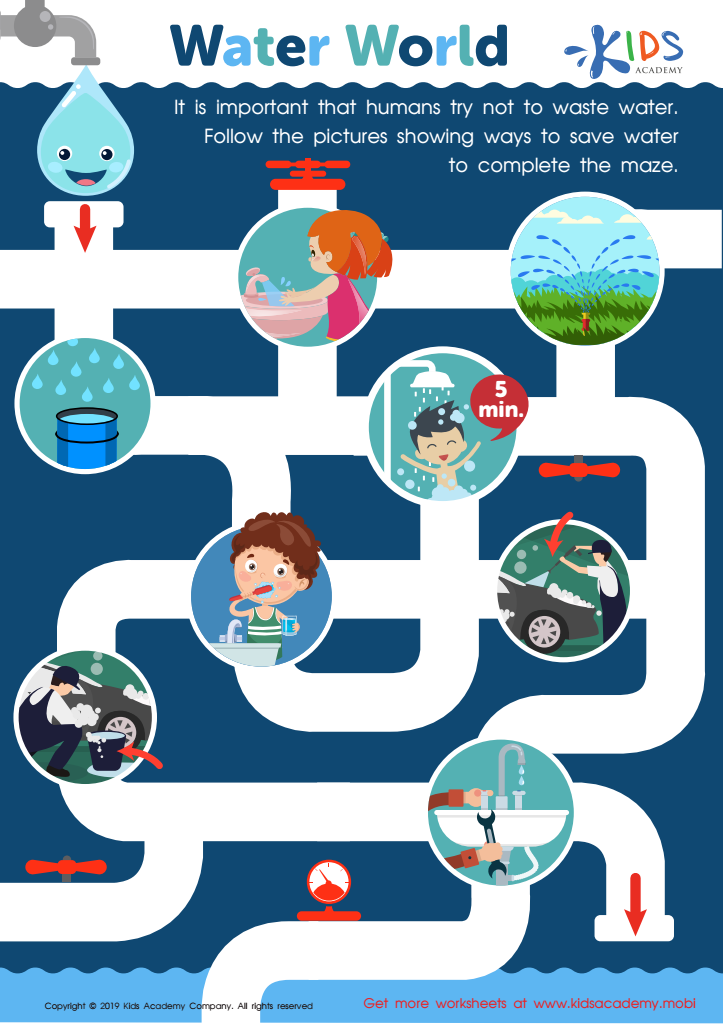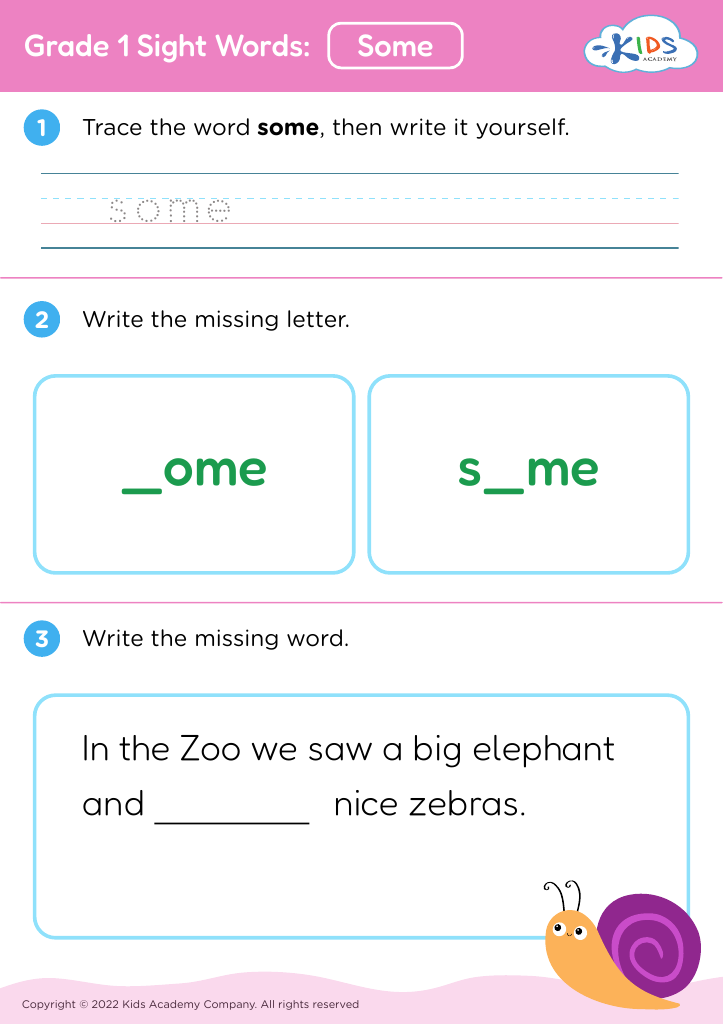Developing comprehension Worksheets for Ages 4-6
3 filtered results
-
From - To
Our "Developing Comprehension Worksheets for Ages 4-6" are thoughtfully designed to build and enhance young learners’ comprehension skills. Each worksheet engages children with fun, interactive exercises tailored to their developmental stage. By exploring simple stories, sentences, and visuals, kids practice recalling details, making predictions, and understanding sequences. The carefully curated activities aim to foster a love for reading while boosting critical thinking and language abilities. Ideal for parents, teachers, and homeschoolers, these resources provide a solid foundation for early literacy. Empower your young reader's journey with our expertly crafted worksheets that make learning both joyful and effective.


Counting: Assessment 3 Worksheet


Water World Worksheet
Developing comprehension skills in children aged 4-6 is crucial for their overall educational and personal growth. During these formative years, young minds are exceptionally receptive, making it the ideal time to foster a strong foundation for comprehension. When children understand what they read or hear, they’re more likely to engage with the material, promoting a love for learning. This early comprehension lays the groundwork for academic success across all subjects, as nearly all learning involves processing and understanding information.
Moreover, comprehension aids in developing critical thinking and problem-solving skills. Kids who can grasp the meaning of stories or instructions are better equipped to analyze situations, infer outcomes, and make decisions. This ability enhances their cognitive development and empowers them to tackle more complex tasks in the future.
Socially, strong comprehension skills improve communication; children who understand others better can respond appropriately and build meaningful relationships. This emotional intelligence fosters empathy and cooperation, essential traits for thriving in group environments like classrooms.
Lastly, good comprehension skills boost a child's confidence. Knowing they can understand and learn from the world around them provides a sense of accomplishment and encourages a positive self-image. Investing in developing these skills early sets the stage for lifelong learning and personal success, making it a vital focus for parents and educators.

 Assign to My Students
Assign to My Students




.jpg)












